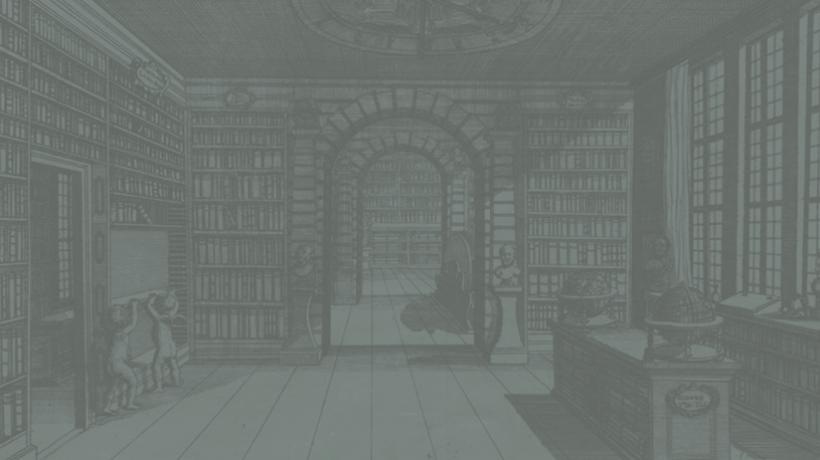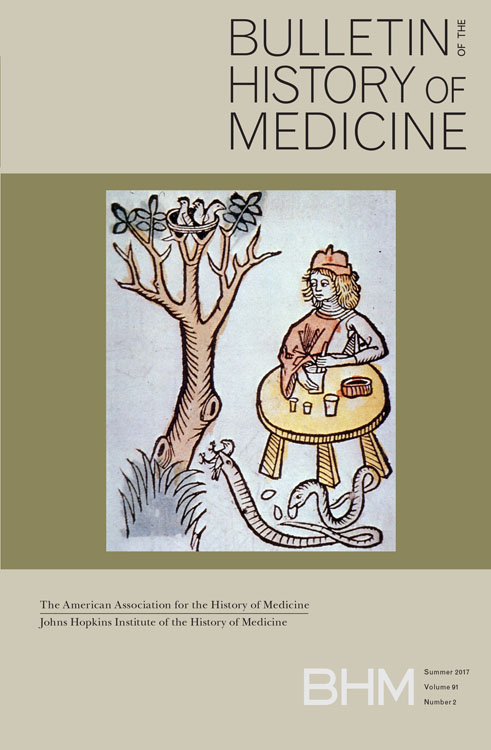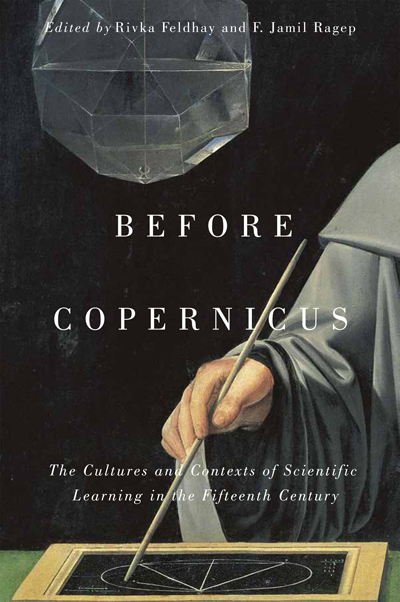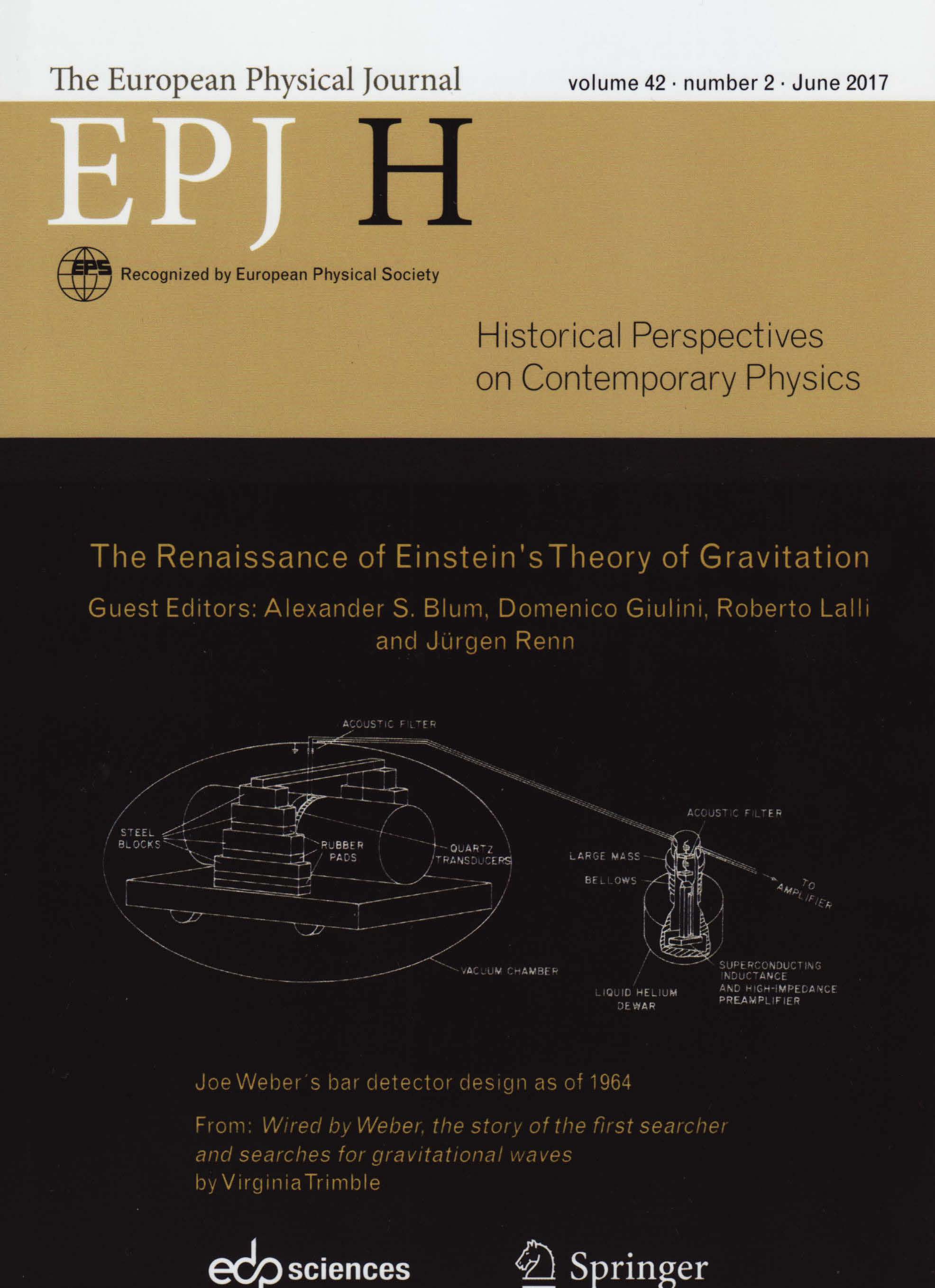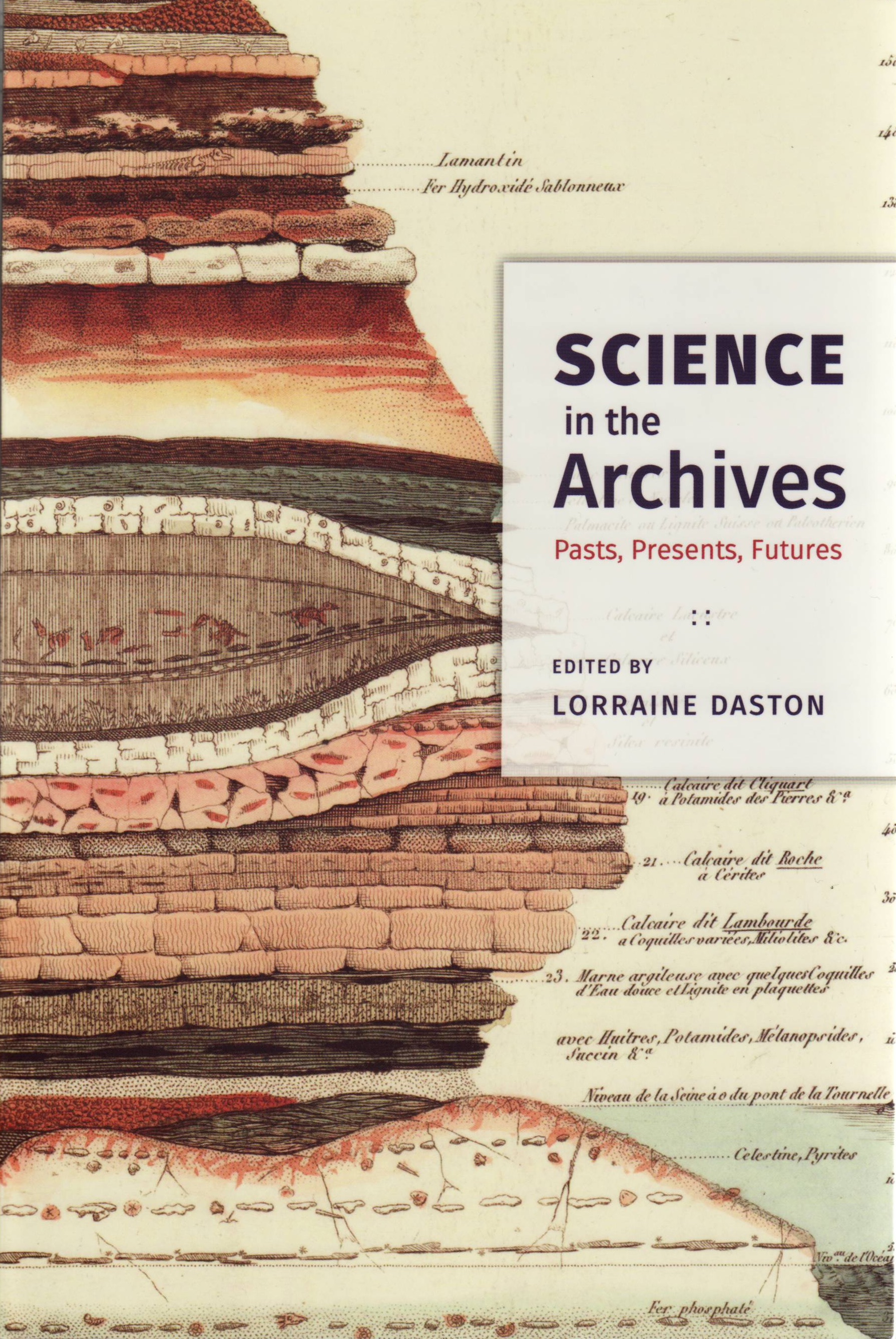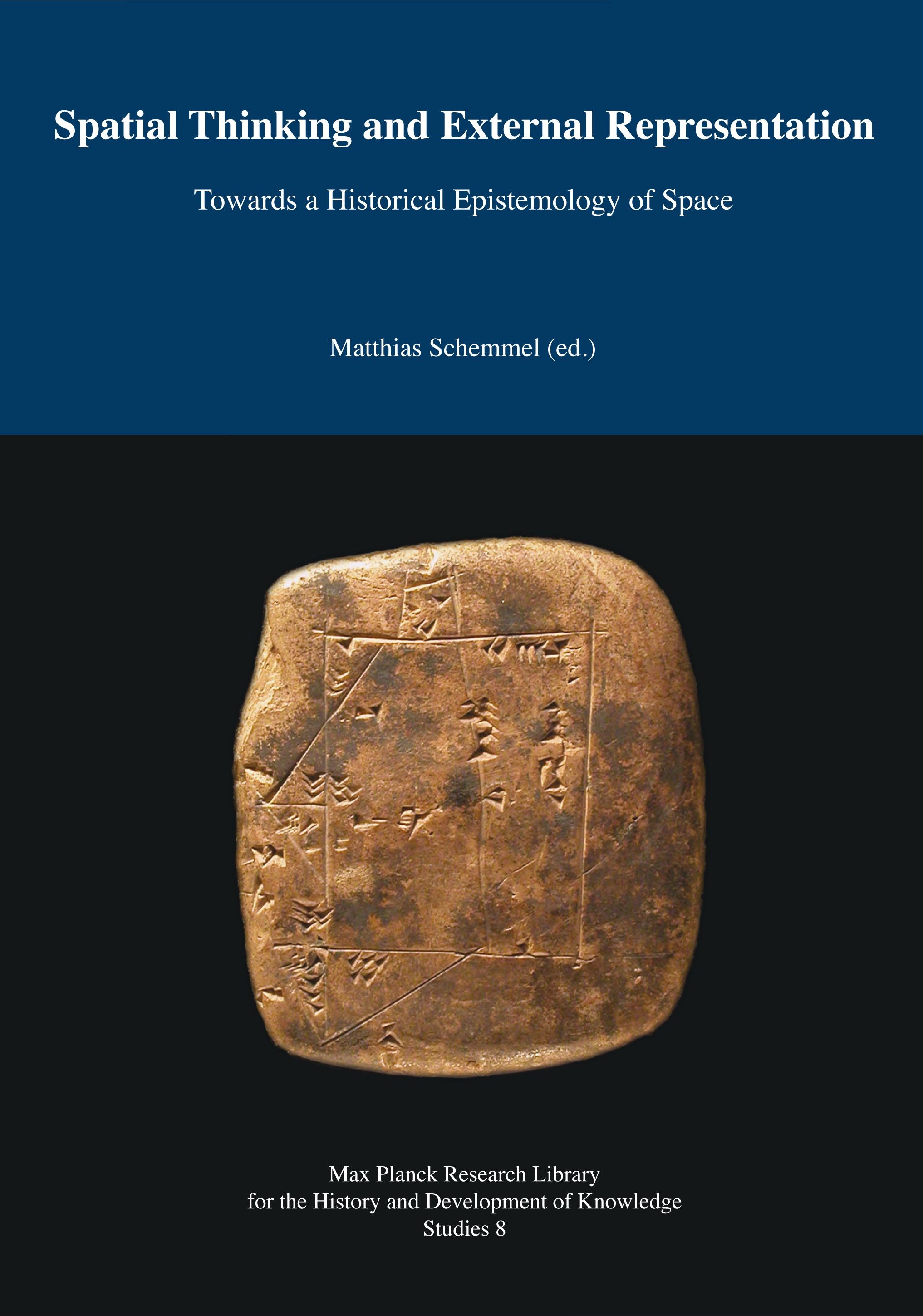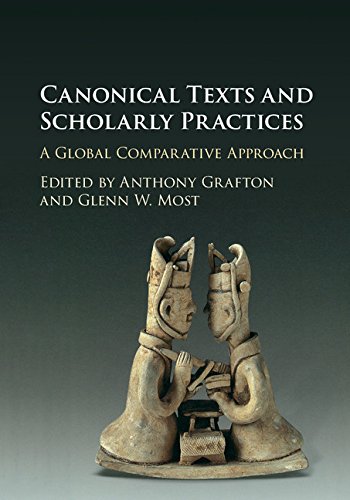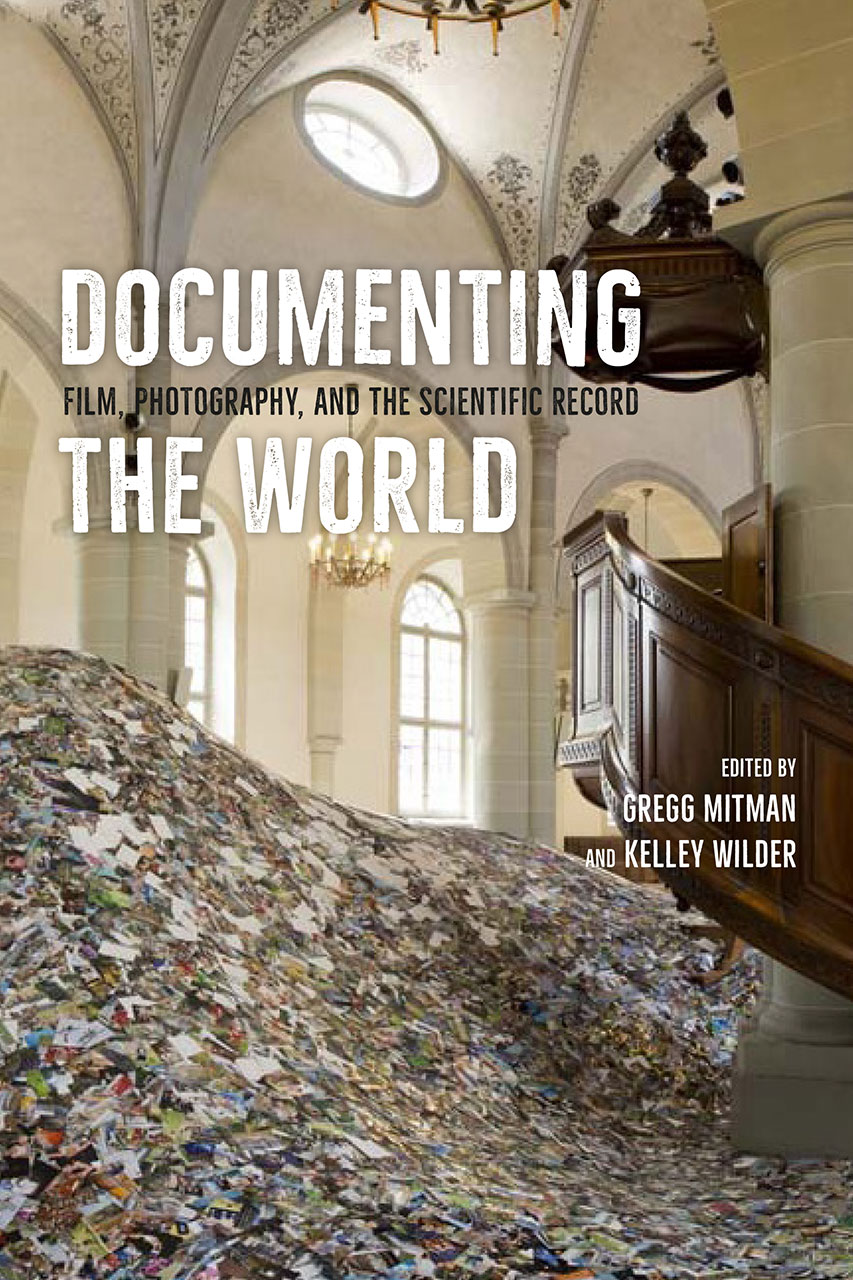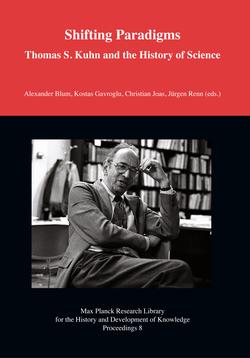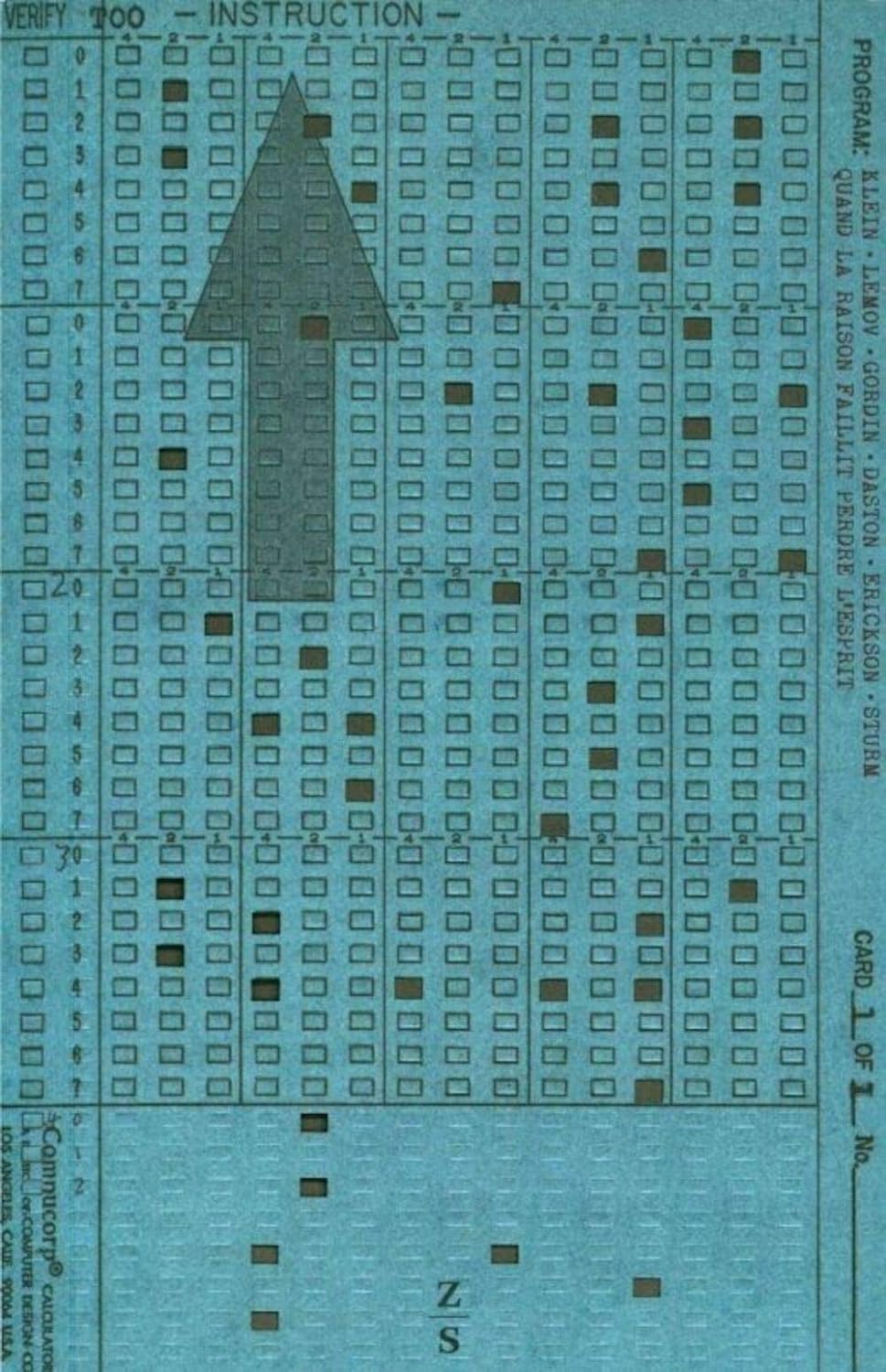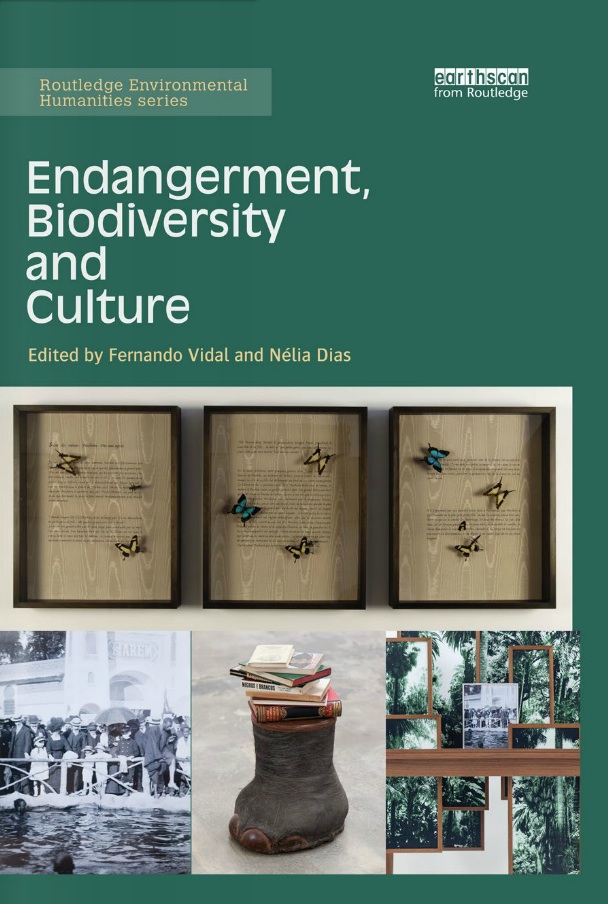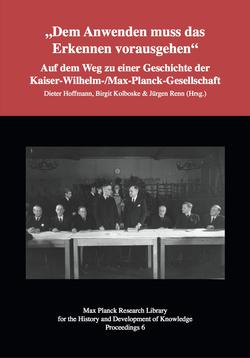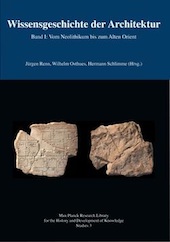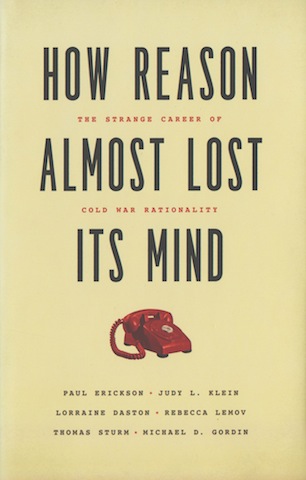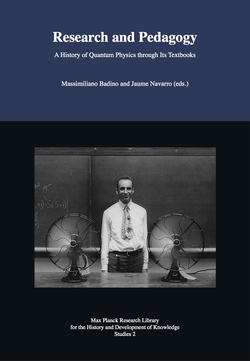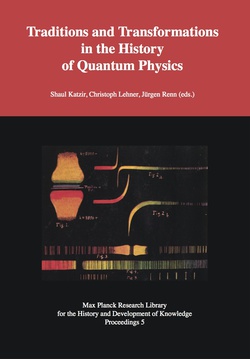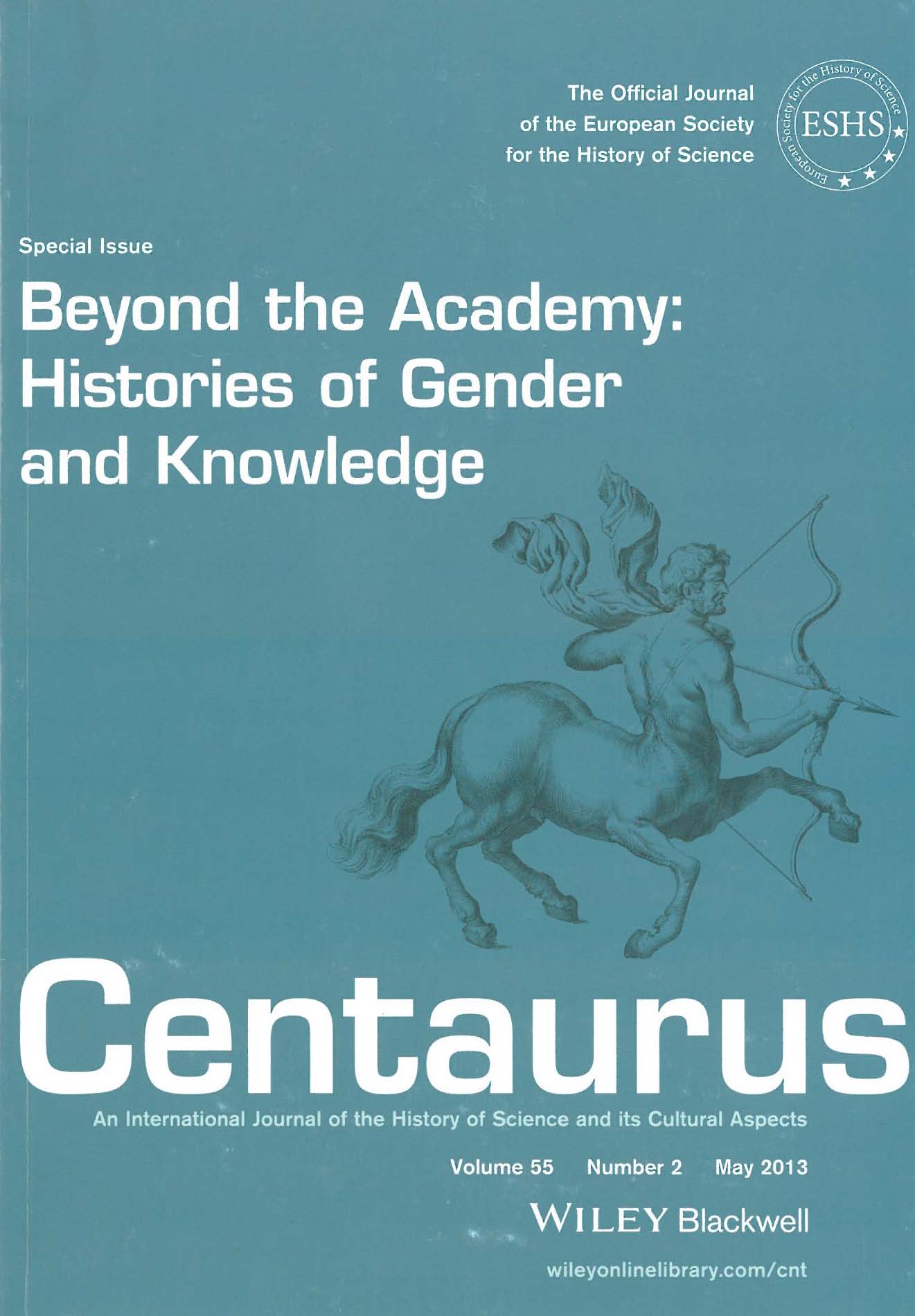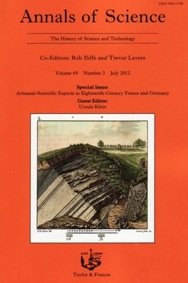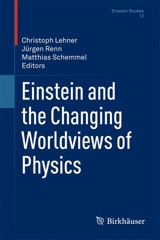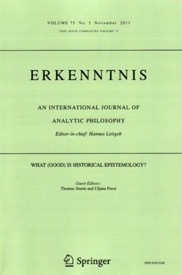Working Group Volumes
Working Group volumes are a specialty of the Max Planck Institute for the History of Science (MPIWG): volumes written by two or more authors which are the result of intensive collaboration, involving multiple working sessions in which drafts of the individual chapters are presented, discussed, and revised. Many MPIWG research projects publish their principal results in this form, in addition to books and articles by individual participating scholars. These Working Group volumes are especially well suited to opening up new fields of research and to covering topics from a comparative perspective, both challenges that invite collective rather than individual scholarship.

